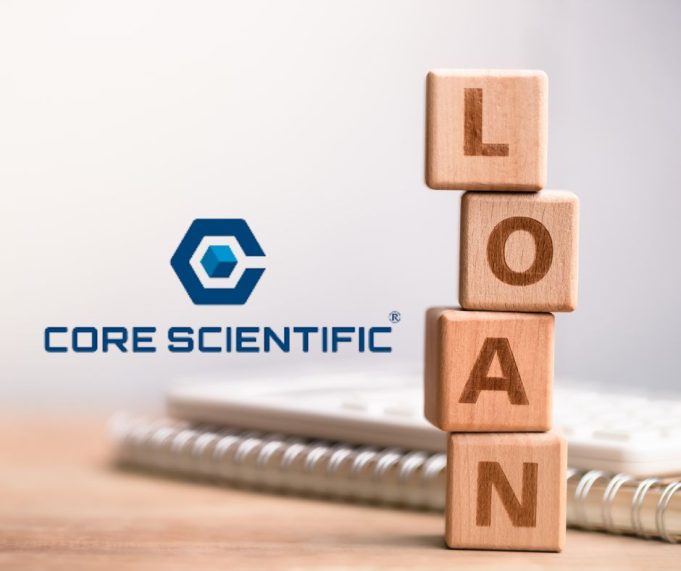A federal judge in the Southern District of Texas has indicated he will approve a $70 million loan from B. Riley Commercial Capital to help bitcoin miner Core Scientific get back on its feet in its Chapter 11 bankruptcy process. Judge David Jones also said he would agree to a group of stockholders’ request to form an official committee to represent their interests in the case. This loan and committee will help Core Scientific move forward in its bankruptcy process and hopefully get back on its feet.
Core Scientific, a crypto mining company, filed for bankruptcy in December due to a sustained crypto market downturn and high energy prices. At the end of November, Core Scientific had $552.5 million of principal outstanding under senior secured convertible notes, $41.8 million to B. Riley, and $242.5 million under various equipment financing deals. To help the company reorganize, B. Riley provided a debtor-in-possession financing (DIP loan) with a 10% annual interest rate and “super priority” over all administrative expenses and unsecured claims, except for some fees. The DIP loan is meant to enable Core Scientific to pay court and adviser fees and reorganize its business.
B. Riley Financial’s subsidiary, B. Riley Commercial Capital, is set to receive a DIP loan, with a final order potentially being signed as early as today. A hearing is scheduled for Friday to discuss the appointment of a stockholders’ committee and to agree on a final budget for the DIP financing. Equipment lender BlockFi had objected to the DIP, but the issue was resolved prior to the Wednesday hearing. This DIP loan will provide B. Riley Financial with the necessary funds to continue operations and ensure the company’s long-term success.
A group of equity holders of Core Scientific, a bitcoin mining company, have asked the court to form an official committee to provide input on the company’s valuation and chapter 11 plan terms. The group claims that Core Scientific is solvent and that the value available for equity is increasing due to the recent rally in bitcoin prices and the improvement of energy markets. Michael Bros, Senior Vice President of Capital Markets & Acquisitions at Core Scientific, has said that the equipment loans like BlockFi’s are undersecured, with as much as $90 million in collateral. The equity holders hope that the committee will be able to negotiate a better deal for them.
Core Scientific has agreed to form a committee to manage its secured assets, with a budget of $4.75 million, including financial advisors’ fees. The judge has reserved the right to use hindsight to decide if the interests of the equity holders were advanced by the committee, and if not, he may use a number of tools, including reducing the committee’s budget to zero. Core Scientific is not considered to be hopelessly insolvent, considering recent market movements.
The equity group, representing 69 million shares of common stock, is questioning the fiduciary duties of Core Scientific during negotiations for financing. Core Scientific did not adequately shop around for financing options, and the equity holders successfully encouraged a third party to submit an alternative to B. Riley’s financing proposal. This alternative was the only competing offer on the table, and the equity holders are concerned that weeks of negotiations on the financing should not be upended by the last minute request of $4.75 million from the carve-out. The total issued and outstanding common stock owned by company insiders is 107 million, which is about 29% of the total.
The Ad Hoc Equity Group, a group of stockholders of the bankrupt firm, has accused Core Scientific of not involving them in the original financing proposal. They claim that had they been involved, the firm would have avoided the original agreement with the secured convertible noteholders that allowed for a $6 million termination fee, equating to an internal rate of return in excess of 500%. Core Scientific has rejected these claims and said it spoke to 20 possible lenders for the original financing proposal. The proposed agreement between the noteholders and the bankrupt firm would have left holders of unsecured debt and equity holders to fight over 3% of the reorganized company. The Ad Hoc Equity Group is now demanding that Core Scientific be held accountable for its actions and that the agreement be renegotiated.













